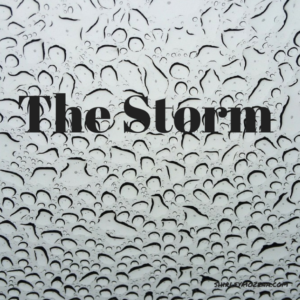
The Storm
I’ve been through some terrifying storms in my lifetime. I imagine you have too.
The first storm took place when my husband of forty years, Bill Rudberg, died from complications of Leukemia. I was shocked at how difficult the storm was. Harder than losing my father, my eighteen-year-old-best-friend, my stillborn baby, Carrie. I navigated my way through it, first facing a job loss right after Bill died. I had to write up resumes and worked hard to find another position. Yet, most difficult, was facing life without my husband and lover, the father of my children and grandchildren.
I never dreamed I’d be free of that hurt and loss, but after two years of doing the work of grief, by facing my loss, mourning my husband, journaling, and visiting places we’d been to together. My new job walked me through the grief as well. It was the same company Bill had worked for. Over the thirty five years Bill worked there, I’d heard him talk about people he worked with, departments at the plant. Now I was there. I discovered he was loved and respected by coworkers and supervisors, and it was as though Bill walked beside me as I learned my new job.
After Bill died, I thought I’d never want to be with another man. But time passed, and I found I missed the closeness of a husband and the intimacy of living with another. I missed meals together, reading books quietly together, going out together, having him open my car door, hug and kiss me like a husband hugs and kisses. And more.
After two years, I met and married a widower and though both of us loved our late spouses very much, the moment the two of us met, all sorrowful feelings left from the loss of our spouses dissipated. It was wonderful to love and be loved, we rejoiced that we found each other and we were so excited in our togetherness. Six months later we were married, August, 2008. We’d only been married seventeen months; not long enough for the happy drugs of being
newlyweds to wear off.
There was calmness and beauty, just as after a storm. Then the clouds began to gather on the horizon, giving indication a storm was near. A headache.
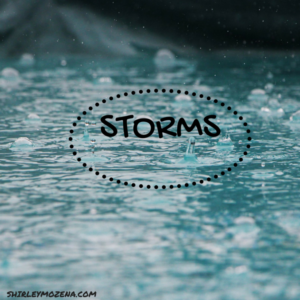
Storms will come…..
Enter the next storm. January 29, 2010. We’d had a perfect Friday evening. A special dinner, a movie and anticipation of a lovely weekend. He complained of a headache. Not severe, but enough that he must have sensed something more was going on in his body. “Call an ambulance,” he said.
It was there in minutes and the techs asked Blair, “Who’s president of the United States? What’s your wife’s name? Where were you born?”
He answered all of them correctly but minutes later, he lost consciousness. He was whisked away to the hospital and given medical care.
I waited anxiously in the quiet family room, hoping for good news. I had enough experience to know it was serious when the neurosurgeon came to the waiting room to tell me it didn’t look good for my husband. Blair had suffered a brain aneurysm. Two days later, he died.
As I rode this storm, I yelled and cried and wanted to run away from the pain. I stormed the gates of heaven, asking God, Why would you take my husband away so soon? What was the point of our meeting if we would be separated by death after such a short time? I asked these and many more questions those first days after Blair died.
It takes months and months and months to work through the loss of a spouse. Don’t let anyone kid you into thinking there are “ten easy steps” to get past grief. There’s no such thing as ten steps–and they aren’t easy either. They are hard.
During these storms, I needed harbors of protection. I found it attending grief groups, spending time with family members and friends, where we’d reminisce about our loved one. I found the harbor of exercise, where I’d hike or do aerobics as hard as I could, and I could forget for a time, my loss. Other times it was the harbor of music. I’d play my violin in an orchestra and concentrate solely on the music and nothing else. There was the harbor of church where I’d sing songs that made me cry, but gave me hope. I poured over Scripture, hanging onto promises given there.
I wanted to run back to the way it had been–2008 – 2010, a nearly perfect marriage, adored by my mate. The wind was blowing too hard, though, and there was no survival or normality living in the past, and Blair no longer existed in the present.
Stubbornly, I clung to the promises I knew–and learned more:
How my Lord and Savior adored and cherished me.
How He grieved with me.
He promised to be with me.
He sustained me through my griefs.
He was my source of comfort in the deep pain and emptiness.
He was there each time I called on Him.
In the storm, I found a new normal. I was forced to face the future, where at some point, the storm would cease and I wouldn’t hurt so much.
For ten months when the storm began with Blair dying suddenly of a brain aneurysm, my dear mother–who had also been widowed twice, let me be sad. She said, “You’re strong, Shirley, you can do it.”
I’d angrily retort, “I don’t want to be strong.”
During the storm of Blair’s death, my mother entered her heavenly home and she, too, was gone and no longer was her presence a safe harbor.
Time passed. My times of deep and great sorrow lessened some. There were still hard times. Sad times. Lonely times. But my Blessed Comforter was with me, encouraging me, reminding me He was there.
My Blessed Comforter also used family and friends–even people I didn’t know that well who’d read my posts and comment that they would pray for me, and gave comforting words.
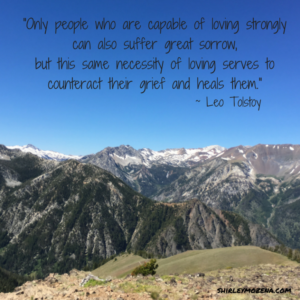
Grief is the price of love. It is worth it.
I’ve had more storms in my life since the day I wrote about those storms in 2011. They weren’t as tempestuous as the ones I wrote about. I walked through the storms and found myself on the other side. That’s what you need to do in a storm. Hold on tight and get through the storm. There’s no other way.
I’m out of the storm for now. The skies are clear and blue as ever. I’ve experienced joy and had wonderful surprises. But before I experienced that joy, I had to be in the storm and walk through it. I’m quite sure there’ll be other storms in my life, and when they come, I’ll be a bit stronger and know when I walk through the storm that I’m not alone.
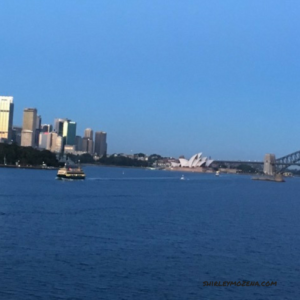
Safe harbor.
I can even thank God for the storm. It taught me how much I need Him and He will fulfill the promise of being there with me in the storm. I can say this because I’ve walked the storm.
Thank you God, You are good and ever-present.


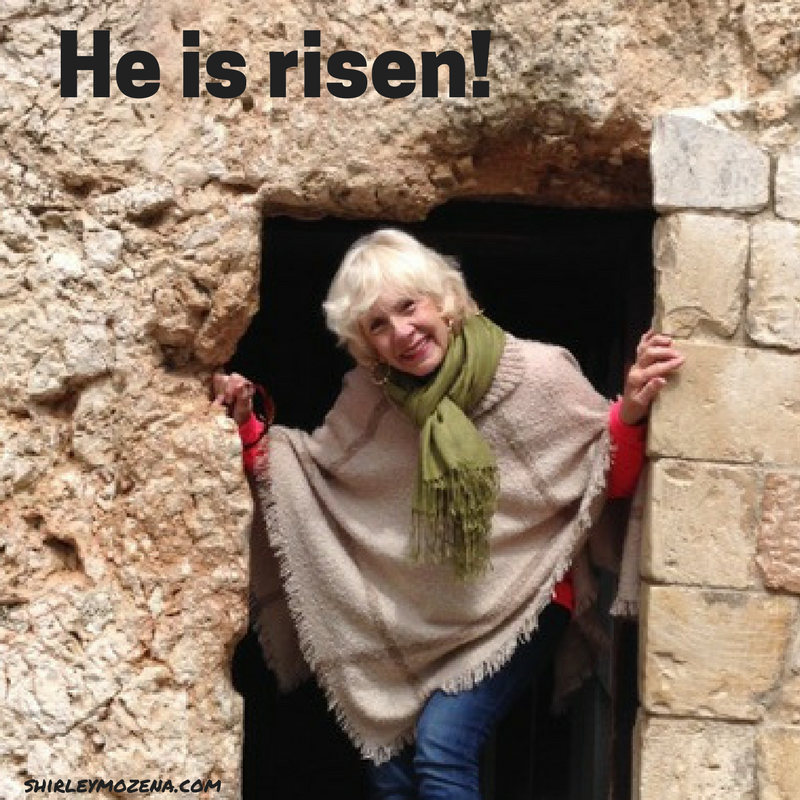

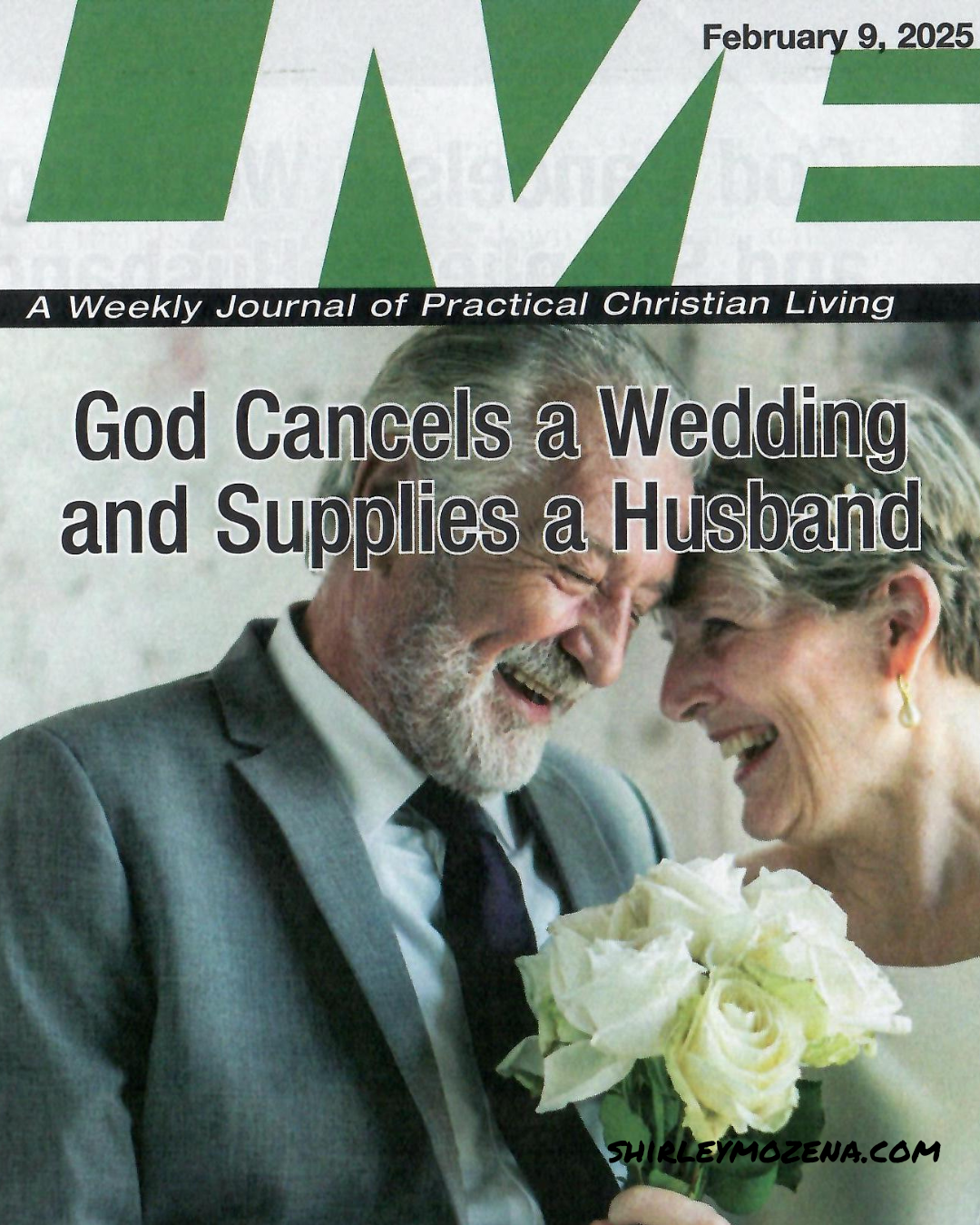
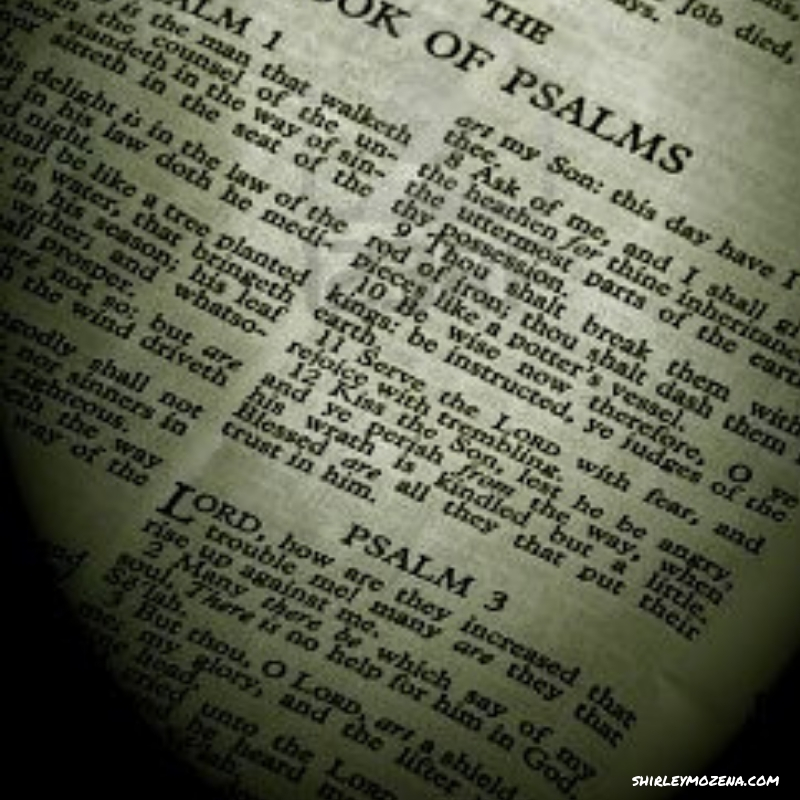
You made some decent points there. I checked on the web for more info about the issue and found most people will go along with your views on this web site.